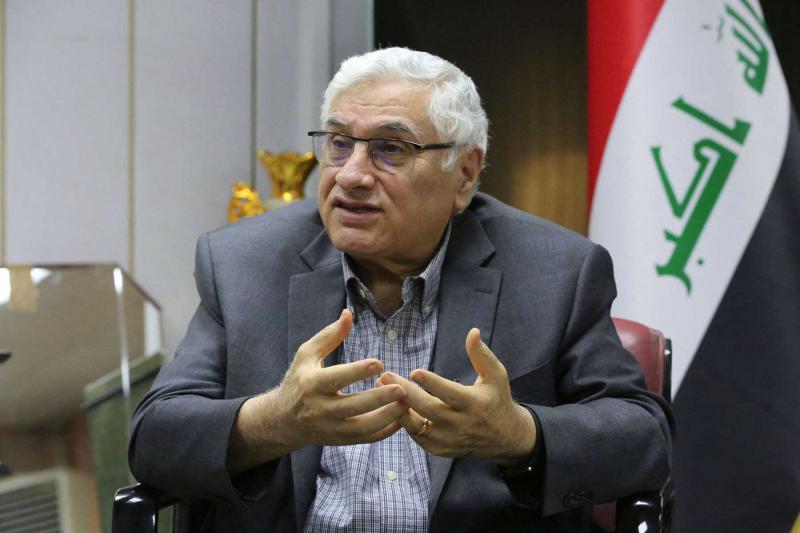Baghdad, Iraq- Iraq takes action against hazardous chemicals with a new $18.5 million project approved by the World Bank. The initiative aims to reduce environmental and health risks linked to Persistent Organic Pollutants (POPs) and other toxic substances. The project will also help improve local communities’ livelihoods by tackling pollution hotspots.
The Integrated Persistent Organic Pollutants (POPs) and Chemical Hotspots Project receives funding from two major sources. The Global Environment Facility (GEF) provides a $13.49 million grant, while the Iraq Reform, Recovery, and Reconstruction Fund (I3RF) contributes $5 million. This financial support will help Iraq strengthen its environmental policies and improve pollution management.
Iraq takes action against hazardous chemicals by targeting 4,000 tons of POPs and toxic waste. The project focuses on the safe destruction, disposal, or containment of these dangerous substances. Additionally, it will help Iraq establish policies and regulations for hazardous chemical management. A specialized information system will also be created to monitor chemical substances more effectively.
Decades of conflict have severely contaminated Iraq’s oil and industrial sites. POPs, among the most harmful chemicals, pose serious health risks and cause long-term environmental damage. Chemical pollution affects agriculture, public health, and economic growth, leading to high costs for communities. The project aims to reduce health risks for nearly seven million people while creating better livelihood opportunities.
Government officials welcome the initiative, highlighting its importance in addressing chemical pollution. Minister of Environment Dr. Hallo Alaskari emphasized that Iraq takes action against hazardous chemicals with support from the World Bank. The project aligns with Iraq’s commitments under the Stockholm and Basel Conventions, ensuring safe hazardous waste management.
The Iraqi government has already introduced environmental regulations and monitoring systems to address pollution. This project will further strengthen institutional capacity by providing training, equipment, and policy support. The World Bank remains committed to helping Iraq overcome its environmental challenges and promote long-term sustainability.



